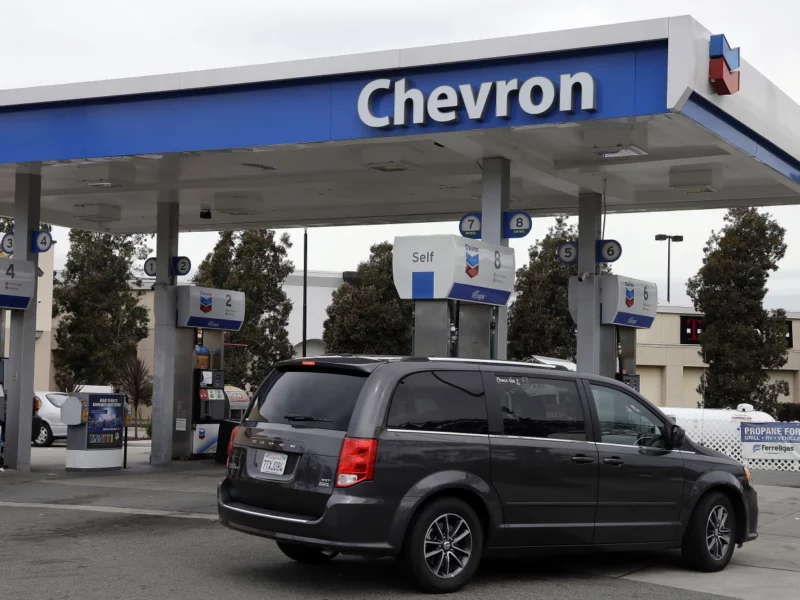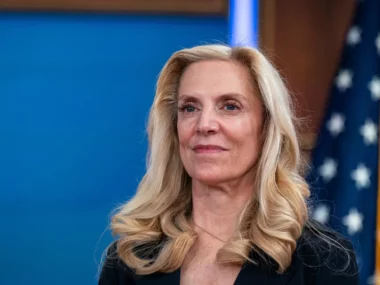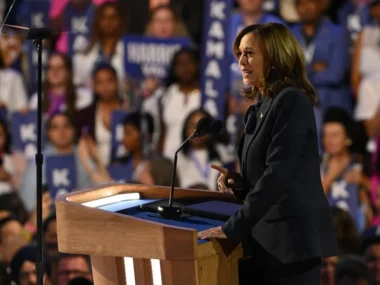The $53 billion acquisition of Hess Corp. by Chevron is not even the largest in the energy sector this month, as major producers seize the initiative as oil prices soar.
Crude prices are sitting at $90 per barrel after creeping up 9% this year, which means huge drillers are flush with cash and seeking for places to invest lots of cash. Crude prices increased sharply in early 2022 with Russia’s invasion of Ukraine.
Less than two weeks have passed since Exxon Mobil announced that it will buy Pioneer Natural Resources for around $60 billion.
A number of factors, notably the conflict in Ukraine, are pushing oil prices upward. Saudi Arabia and Russia’s reduced oil output has already put pressure on the oil market, and now a clash between Israel and Hamas could spark a wider crisis in the Middle East. According to a study by the U.S. Energy Information Administration, while strikes on Israel do not affect the world oil supply, they “raise the potential for oil supply disruptions and higher oil prices.”
Chevron announced on Monday that the purchase of Hess included a significant oil field in Guyana as well as shale holdings in the North Dakota Bakken Formation. Guyana, a nation in South America with 791,000 inhabitants, is on track to overtake Qatar, the United States, Mexico, and Norway as the fourth-largest offshore oil producer in the world. In recent years, it has grown to be a significant producer as Exxon Mobil, China’s CNOOC, and Hess have engaged in a competitive battle for the extremely profitable oil reserves in northern South America.
Chevron Chairman and CEO Mike Wirth stated in prepared remarks that “this combination is aligned with our objective to safely deliver higher returns and lower carbon.” In addition, Hess “increases Chevron’s estimated production and free cash flow growth rates over the next five years, and is expected to extend our growth profile into the next decade, supporting our plans to increase our peer-leading dividend growth and share repurchases.”
Hess is being purchased by Chevron using stock. For each share of Hess, stockholders will receive 1.0250 Chevron shares. Chevron estimated the deal to be worth $60 billion, including debt.
Amid growing concerns about climate change following a summer of record-breaking heat, high energy prices have encouraged increased drilling and exploration as well as significant profits for investors.
There have been a number of acquisitions centered on American shale assets, and another phase of energy sector consolidation started during the pandemic as major producers looked for cost-saving measures. Chevron announced in the summer of 2020 that it would pay $5 billion to acquire Noble Energy. In the midst of the coronavirus pandemic, when crude prices were down more than 30%, Chevron completed the agreement. ConocoPhillips acquired shale producer Concho Resources in the same year in an all-stock deal worth $9.7 billion.
Britain approved a significant oil and gas project in the North Sea last month despite UN and scientific advisories that the world must halt developing new fossil fuel resources if it is to avoid a catastrophic climate change.
According to Chevron, the agreement will enhance the amount of money returned to shareholders. The business anticipates being able to recommend raising the first-quarter dividend by 8% to $1.63 in January. The board would still have to approve this. Once the deal closes, the business anticipates increasing stock buybacks by $2.5 billion to the high end of its guidance range of $20 billion annually.
After six months of negotiations, the boards of both Chevron and Hess have authorized the agreement, which is expected to finalize in the first half of 2019. Hess shareholder approval is still required. The CEO of the business, John Hess, is anticipated to join Chevron’s board. Hess is largely owned by his family.
Before Monday’s market opened, the stock of San Ramon, California-based Chevron Corp. fell more than 2%. The stock of the New York City-based Hess Corp. decreased marginally.











